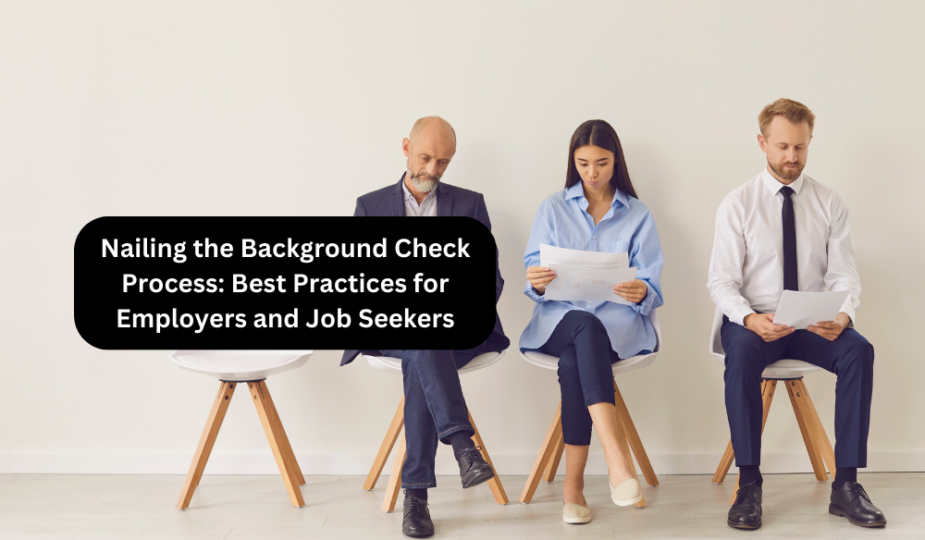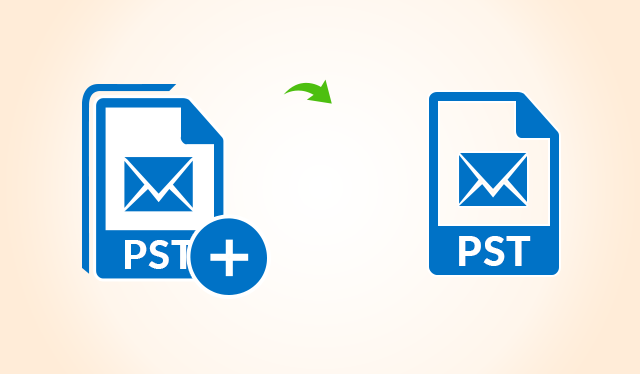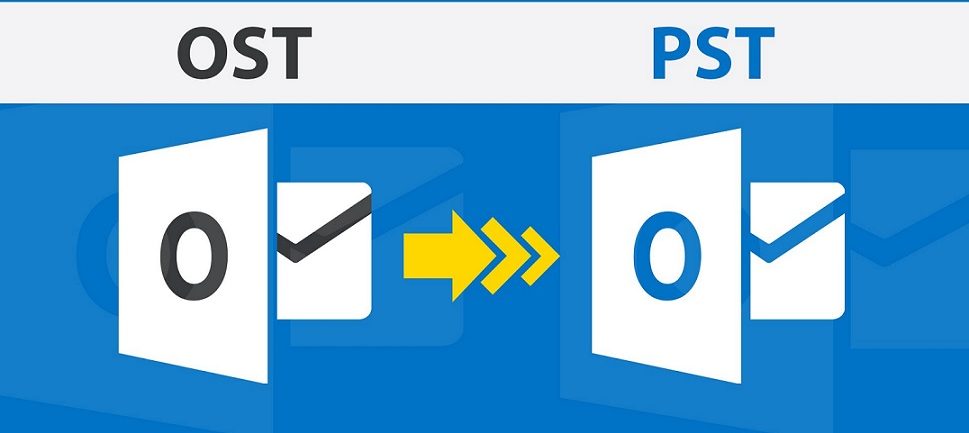When it comes to finding your way in the job market, it’s like navigating a maze where every turn brings new challenges. And one big challenge that everyone, whether you’re the one hiring or the one looking for a job, knows all too well is the background check process.
For employers, it’s all about making sure they’re bringing in folks who are reliable and up to the task. On the flip side, for job seekers, it’s about putting your best foot forward while bracing yourself for the scrutiny of those background checks. While the background check process can be nerve-wracking, a clean report can be a green light that it’s time to quit your job.
But here’s the thing: these background checks aren’t as straightforward as just ticking off boxes on a form. They’re more like digging into someone’s past to see if they’re going to fit right into the team. So, how do both sides navigate this process smoothly, making sure it’s fair and accurate for everyone involved?
That’s where mastering the art of “Nailing the Background Check Process” comes in. Let’s dive into the best practices for both employers and job seekers, making sure this whole trust and verification dance goes off without a hitch.
Understanding the Importance of Background Checks
Employers often use background checks to assess the credibility, integrity, and suitability of job applicants. This thorough process is important in verifying the accuracy of the information provided by candidates and reducing the risks associated with hiring individuals with questionable backgrounds. A clean and verifiable background check can greatly increase a job seeker’s chances of landing exciting career opportunities.
Employers rely on background checks to
1. Ensure Workplace Safety
The purpose of background checks is to identify candidates with histories of violence, substance abuse, or other behaviors that may pose a threat to workplace safety.
2. Verify Qualifications
Employers can confirm the accuracy of an applicant’s educational and professional credentials, ensuring they have the skills and qualifications required for the job.
3. Protect Company Reputation
Hiring individuals with a history of unethical behavior or criminal activities can tarnish a company’s reputation. Background checks help safeguard the integrity of the organization.
For job seekers, understanding the importance of a background check underscores the need for transparency and accuracy in their professional history. A positive background check can significantly enhance a candidate’s marketability and trustworthiness.
Read: Navigating the Oman Job Market: Must-Know Websites for Job Seekers
Here are Some Best Practices Tips for Employers and Job Seekers

Now that we recognize the significance of background checks, let’s explore best practices for both employers and job seekers.
For Employers:
- Establish a Clear Policy: Clearly communicate your company’s background check policy to candidates. This transparency helps build trust and sets expectations from the outset.
- Compliance is Key: Adhere to relevant laws and regulations governing background checks. Stay informed about any changes in legislation to avoid legal complications.
- Consistency Matters: Apply background checks consistently across all candidates for a specific role. This helps prevent discrimination and ensures a fair hiring process.
- Verify Relevant Information: Focus on verifying information that directly impacts the candidate’s ability to perform the job. Avoid delving into unnecessary personal details that may violate privacy norms.
- Use Technology Wisely: Leverage advanced background screening tools to streamline the process and obtain accurate, up-to-date information. Automated systems can enhance efficiency and reduce human error.
For Job Seekers:
- Be Honest and Transparent: Provide accurate information on your resume and during interviews. Any discrepancies discovered during a background check can be detrimental to your candidacy.
- Prepare References: Be ready to provide references who can vouch for your professional and personal character. Inform them in advance so they are prepared to respond to potential inquiries.
- Address Past Issues: If you have a record that might raise concerns, consider addressing it proactively during the interview process. Demonstrating personal growth and learning from past mistakes can be viewed positively.
- Stay Informed: Understand your rights as a candidate and familiarize yourself with the types of information that can be legally obtained during a background check. As a result of this knowledge, you are empowered to advocate for yourself.
- Check Your Own Background: Regularly check your own background to ensure that the information is accurate and up-to-date. This proactive approach allows you to address any discrepancies before they become an issue.
Technology and Innovation in Background Screening: Emerging Trends

As technology continues to evolve, so does the landscape of background screening. Employers and job seekers alike can benefit from staying abreast of the latest trends in background screening technology. Some of the emerging trends include:
1. Artificial Intelligence (AI)
AI-powered algorithms can analyze vast amounts of data, providing more accurate and comprehensive insights into a candidate’s background. This technology can expedite the screening process and reduce the risk of human error. Artificial intelligence will benefit humanity in the technological era.
2. Blockchain Technology
Blockchain offers a secure and tamper-proof method for storing and verifying information. This can enhance the trustworthiness of background checks by ensuring that the information is authentic and unaltered.
3. Continuous Monitoring
Rather than conducting a one-time background check, continuous monitoring involves ongoing assessment of employees’ backgrounds. This helps employers stay informed about any changes that may impact an individual’s suitability for a role.
4. Mobile Screening Solutions
With the prevalence of mobile technology, background screening processes are becoming more mobile-friendly. This allows candidates to submit information and consent forms conveniently, expediting the hiring process.
Conclusion
Mastering the background check process is a crucial aspect of the hiring journey for both employers and job seekers. By understanding the importance of background checks and adhering to best practices, employers can make informed hiring decisions, safeguard their organizations, and build a trustworthy workforce. Becoming a Finance Manager often involves a thorough background check process to ensure financial responsibility and trustworthiness. Similarly, job seekers can enhance their marketability and credibility by being transparent, addressing past issues proactively, and staying informed about their own backgrounds, including those related to Background check Florida.
As technology continues to shape the landscape of background screening, embracing emerging trends can lead to more efficient and accurate processes. From AI-powered algorithms to blockchain technology, staying ahead of the curve ensures that both employers and job seekers are well-prepared for the future of background checks. In the dynamic employment landscape, nailing the background check process is not just a routine step; it’s a strategic move that sets the foundation for a successful and secure professional journey.
Author’s Bio:
Anna Michaelson is a law and legal enthusiast who channels her passion for writing into insightful articles for “NotaryPlusMore” With over three years of experience in law and legal writing, she also enjoys helping others understand their legal rights.










